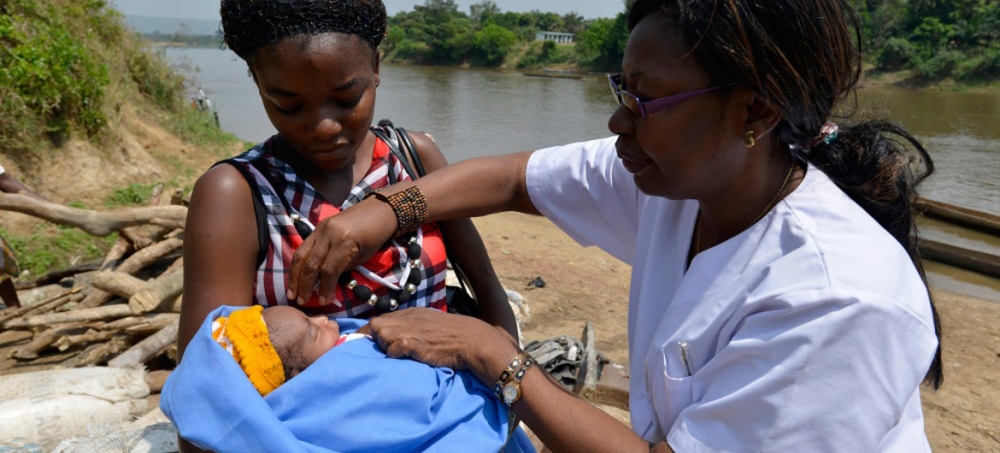World Hepatitis Day: 28 July 2018

World Hepatitis Day takes place annually on the 28th of July, with the aim of raising awareness of the global burden of viral hepatitis and stimulate change.
Hepatitis is an inflammation of the liver, commonly caused by a viral infection. There are five main types of hepatitis: A, B, C, D and E.
The World Hepatitis Alliance have titled their campaign is ‘Find the Missing Millions’ referencing the 300 million people worldwide who are unaware they have viral hepatitis. The campaign is also encouraging people to get tested.
Globally, 90% of people living with hepatitis B and 80% living with hepatitis C do not know they have it.
WHO Director-General Dr Tedros Adhanom Ghebreyesus commented:
“We have a clear vision for elimination, and we have the tools to do it. But we must accelerate progress to achieve our goal of eliminating hepatitis by 2030.”
Viral hepatitis B and C present major health challenges around the globe, affecting 325 million people. They are the root cause of two in every three liver cancer deaths, leading to 1.34 million deaths annually. This is more than HIV/AIDs, malaria and TB.
Hepatitis B and C are chronic infections that often do not show symptoms, decades can pass with no symptoms in some cased. The late testing of hepatitis is one of the key reasons the virus causes cancer. In order to eliminate hepatitis by 2030, testing and treatment services must be significantly improved.
Hepatitis B and C also affect the most vulnerable people, with children and marginalised populations such as intravenous drug users, prisoners, indigenous people, men who have sex with men, migrants and people living with HIV/AIDs.
The World Health Organisation are using World Hepatitis Day to push the message of ‘Test. Treat. Hepatitis’. The organisation will be holding events and activities globally with the aim of: supporting the scaling-up of hepatitis prevention, testing, treatment and care, with specific focus on testing and treatment; to showcase best practices and promote universal health coverage of hepatitis services; and improve partnerships and funding in the fight against hepatitis.
Despite the threat it poses to life, there are effective vaccines and treatments for hepatitis B and a cure for hepatitis C, making its elimination entirely achievable. For example, the birth dose vaccine costs 20 cents yet is not used in 48% of countries across the world.
Eliminating hepatitis B and C by 2030 would prevent 36 million infections and save 10 million lives.
However, in order to achieve elimination a greater awareness and understanding of the disease is required and easier access to testing and treatment services.
Join us for the 10th Anniversary AIDF Global Summit on 5-6 September 2018 in Washington D.C to discuss global health challenges.
If you’d like to stay informed on the latest updates in aid and development, please sign up for the AIDF newsletter.
Image credit: UNICEF/Sebastian Rich















